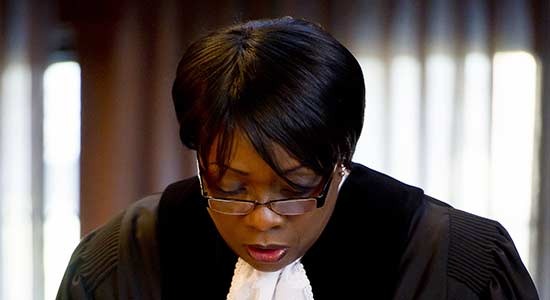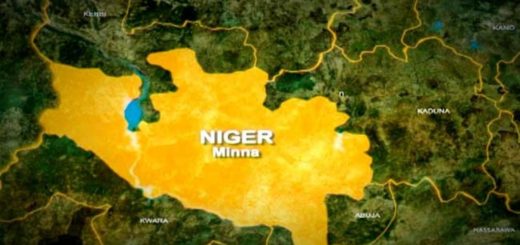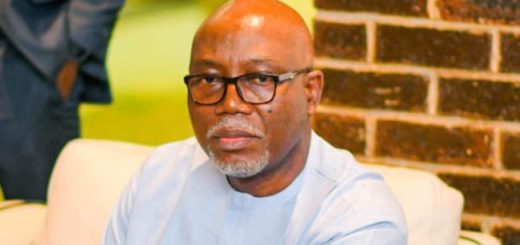Uganda Says Judge’s Disagreement With World Court Ruling On Israel Does Not Reflect Its Position

Uganda has said that the opinion of one judge, Julia Sebutinde on the International Court of Justice (ICJ) disagreeing with the panel’s decision in South Africa’s genocide lawsuit against Israel, does not represent Uganda’s perspective.
Sebutinde was the only judge on the 17-member ICJ panel to vote against all six measures adopted by the court in a ruling ordering Israel to take action to prevent acts of genocide as it fights Hamas militants in the Gaza Strip.
The government said in a statement issued late on Saturday, said “The position taken by Judge Sebutinde is her own individual and independent opinion, and does not in any way reflect the position of the government of the republic of Uganda,”
It added that the African country is in support of the position of the Non-Aligned Movement on the conflict that was adopted at its summit in the Ugandan capital this month.
That NAM position contained in a document issued at the end of the summit condemned Israel’s military campaign and killing of civilians and also called for an immediate ceasefire and unimpeded humanitarian access.
The movement was formed officially in 1961 by countries opposed to joining either of the two major Cold War-era military and political blocs. Many of the countries were newly independent from their colonial rulers.
In her dissenting opinion, Sebutinde claimed that South Africa did not show that the acts allegedly committed by Israel were done “with the necessary genocidal intent and that as a result, they are capable of falling within the scope of the Genocide Convention”.
Sebutinde, who turns 70 next month, is serving her second term at the court.
She has been a judge at the ICJ since 2012. Her appointment saw her become the first African woman to sit on the world court.
She was born while Uganda was fighting for independence from the British, and studied in Uganda and Scotland.
Sebutinde has courted controversy before.
In 2011, she was one of three presiding judges in the trial of former Liberian President Charles Taylor for war crimes committed in Sierra Leone.
She had dissented on an order to censor Taylor’s defence lawyer, who had walked out of proceedings after judges declined to accept a written summary of his client’s defence at the end of his trial. The defence lawyer’s disciplinary hearing was indefinitely adjourned because Sebutinde had declined “on principle” to be present.
Her dissenting votes for the ICJ’s Gaza case were slammed by many on social media, including Ugandans and other Africans.
In a follow-up to his post about Sebutinde, Ayebare said Uganda’s position on Palestine is “solid”.
Uganda, a member state of the Non-Aligned Movement (NAM), which last week condemned Israel’s war on Gaza.
The condemnation came at a NAM summit hosted by Uganda.
But Uganda has generally had good ties with Israel since current president Yoweri Museveni came to power in 1986, with Israeli companies operating in the country.













